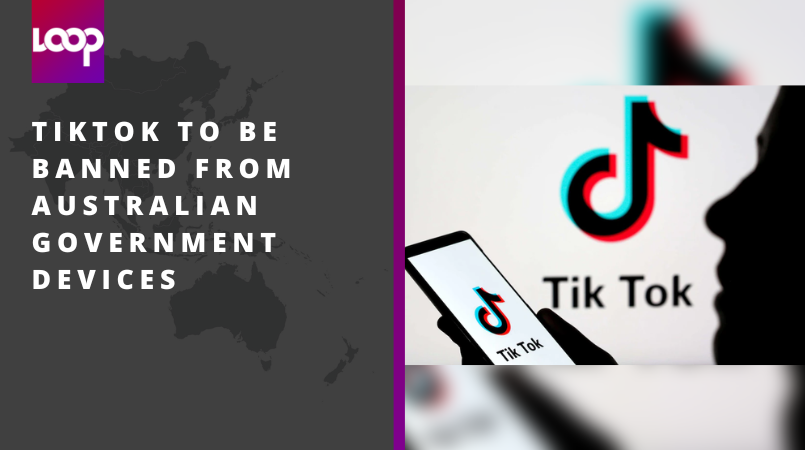
The federal government will ban TikTok on government devices following fears the app's security is compromised, and the platform could be used for foreign interference by China.
Key points:
- The Victorian government says it will work with its federal counterparts to adopt restrictions to TikTok on government devices
- Similar decisions have been made by governments in the United States, Canada, the United Kingdom and New Zealand
- TikTok has fiercely denied its app poses a national security risk
Australia becomes the last nation in the "five eyes" intelligence alliance to block the app, following similar decisions by the United States, Canada, the United Kingdom and New Zealand.
Attorney-General Mark Dreyfus said the ban would come into effect "as soon as practicable". He said exemptions would be granted on a case-by-case basis.
"After receiving advice from intelligence and security agencies, today I authorised the secretary of the Attorney-General's Department to issue a mandatory direction under the Protective Security Policy Framework to prohibit the TikTok app on devices issued by Commonwealth departments and agencies," he said in a statement.
Earlier on Tuesday, the Victorian and ACT governments confirmed to the ABC that they expected an imminent ban.
"We've always said we'll follow the Commonwealth's guidance when it comes to cybersecurity – and we'll now work on implementing these changes across the public service as soon as possible," a spokesperson for Premier Daniel Andrews said.
A spokesperson from the ACT government said the territory government would work with the Commonwealth to adopt restrictions.
"The ACT government was notified yesterday of an imminent announcement from the Commonwealth to ban TikTok from Government devices," they said in a statement.
"Based on the Commonwealth's advice, and the desirability of national cybersecurity consistency, the ACT government will consider similar restrictions on territory government devices at a security and emergency management meeting of Cabinet tomorrow."
TikTok has fiercely denied its app poses a national security risk.
Home Affairs Minister Clare O'Neil was awaiting a review on the potential for TikTok and other social media platforms to be used for foreign interference in government agencies — in the meantime, departments went their own way on deciding whether or not to ban their staff from using the app.
People affected by the ban would still be able to continue using the app on their personal devices.
TikTok's general manager in Australia Lee Hunter on Monday evening told the ABC he had not heard from the government.
"We're extremely disappointed with this decision. In our view, this is driven by politics and not by fact," Mr Hunter said.
"And we're also disappointed with the fact that TikTok and the millions of Australians who use it every day will find out about this decision through the media, despite repeated efforts from our end."
TikTok has previously conceded in a letter to the Shadow Cybersecurity Minister James Paterson that Australian user data on its app could be accessed by China, because the company was subject to the nation's national intelligence laws, which compels it to comply with data requests from Beijing.
However, Mr Hunter told the ABC there was no evidence that TikTok posed any security risk to ordinary Australians.
"We're very keen to meet with [Minister O'Neil] and anyone in government to explain the truth of the platform. We know that we have to work harder than other platforms because of the scrutiny we get," he said.
In recent months, several nations moved to block the app, following revelations TikTok staff based in the US and China used the app to spy on American journalists who were writing stories critical of the app, in an attempt to identify their sources.
US President Joe Biden has demanded TikTok's parent company ByteDance divest in the app or else face a potential nationwide ban in the US.
Story first published on ABC News Australia
